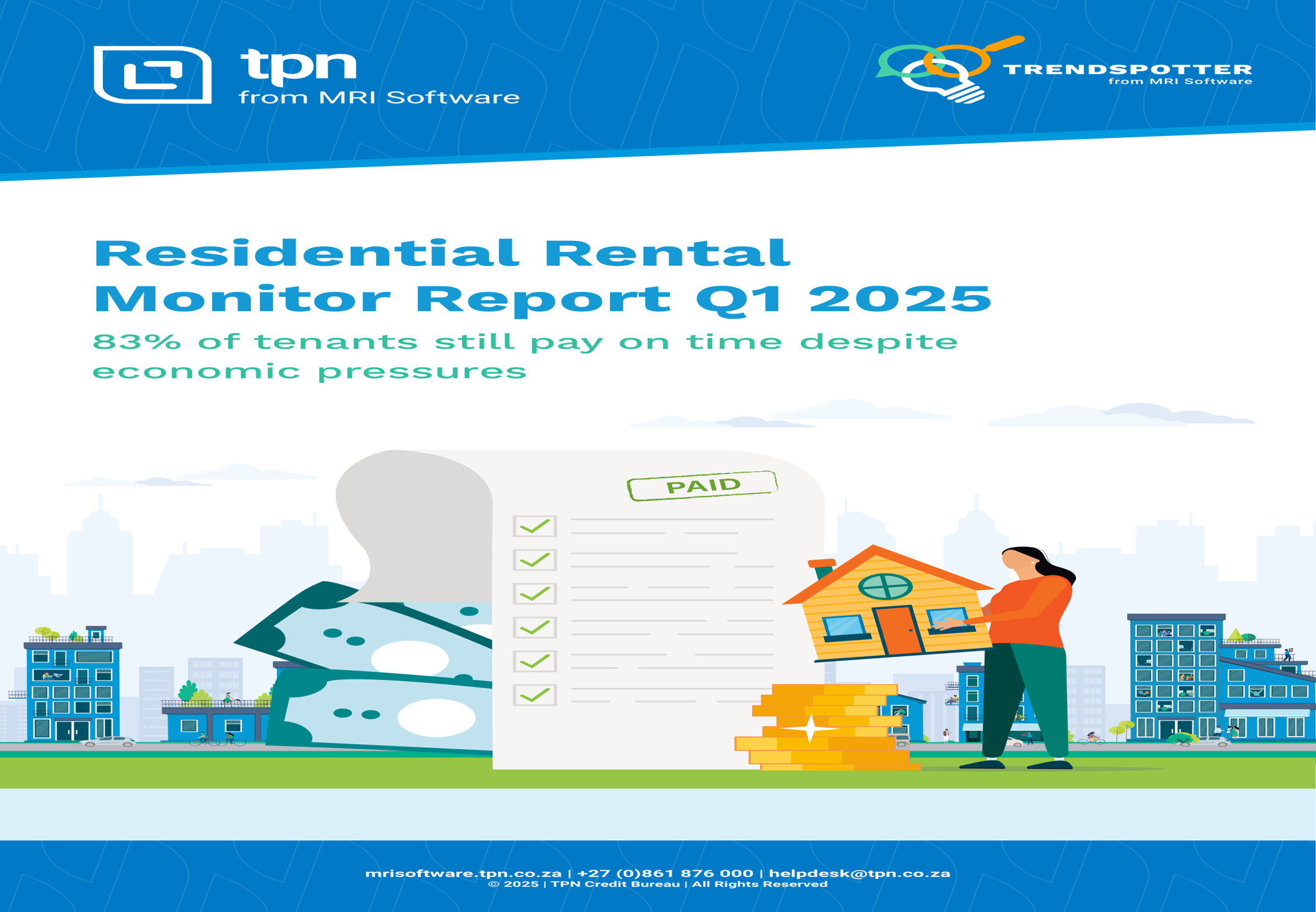Buying a home made easy: Insights from experts/ BY PROPERTY24
“As real estate has historically appreciated in value over time, one of the most compelling reasons to buy a house is undoubtedly the potential for long-term financial gain,” says Cobus Odendaal, CEO of Lew Geffen Sotheby’s International Realty in Johannesburg and Randburg. “While market fluctuations are inevitable, real estate is a tangible asset and property values tend to rise in the long run so homeownership therefore makes good financial sense.” However, a house isn’t just a financial investment; it’s your very own private space that represents so much more and Odendaal believes that the following benefits of home ownership are equally as important: Stability and Security Owning a home provides a sense of stability and security that renting cannot match. Homeowners are not subject to the whims of landlords, such as rent increases or eviction notices and this stability is particularly beneficial for families with children, as it allows them the peace of mind of being able to remain in a consistent environment and school district. Personal Freedom and Customisation Another significant advantage of homeownership is the freedom to personalise and improve your living space. When you own a home, you have the liberty to renovate, decorate, and alter the property to suit your tastes and needs. Whether it’s painting walls, remodelling the kitchen or landscaping the garden, homeowners can make changes without seeking approval from a landlord. This ability to customise a space not only enhances comfort and enjoyment but can also increase the home’s value. Forced savings/equity Each month, a portion of your mortgage payment goes toward the principal balance of your loan, and this essentially forces you to set aside a certain amount of money each month for the entire loan term, or until you sell and move on. So, if you’re not a great saver, a mortgage can effectively require you to save, whether you like it or not. And, unlike renting, where monthly payments do not contribute to personal wealth, mortgage payments help build home equity which can be tapped into for future financial needs, such as funding education, home improvements or retirement. And when it comes time to sell, all those months of savings will represent your saved equity. Financial Discipline and Responsibility Homeownership requires a level of financial discipline and responsibility that can be beneficial in the long run. The process of buying and maintaining a home involves budgeting for mortgage payments, property taxes, insurance, and maintenance costs, and this enforced financial responsibility can encourage better money management habits and long-term financial planning. Furthermore, successfully managing these expenses will improve your credit rating, opening up opportunities for better loan terms and financial products in the future. Building Community and Roots Buying a house often leads to a stronger sense of community and belonging. Homeowners are more likely to be invested in their neighbourhood, forming connections with neighbours and participating in local activities. This sense of community can enhance quality of life, providing social support and a sense of belonging. For families, owning a home can mean more stability for children, who can grow up in one place, form lasting friendships, and have a consistent educational experience. Additionally, many homeowners take more pride in maintaining their property, contributing to the overall appearance and health of the neighbourhood. Something to pass along Lastly, owning a home can also mean that you have something to pass along in the future. It would certainly be nice to have something to show for all your blood, sweat, and tears over the years. And even sweeter to be able to take care of those you love after the fact. If you rent, you simply walk away at the end with nothing whereas if you own, you wind up with something of value that can be shared. “Ultimately, all of the above reasons constitute investments in their own right, even if not strictly monetary and, whilst property ownership isn’t right for everyone – at this particular stage of life – it’s always something to aspire to. “Although it does require careful consideration and planning, the benefits will almost always outweigh the disadvantages, providing stability, security, and a sense of accomplishment. “And, as we are currently seeing a much-anticipated turning point in the market, now is an excellent time to buy - there is no way you’ll be able to buy a property next year and not pay more for it,” concludes Odendaal. To avoid falling victim to property scams follow these tips: 1. Always use a reputable estate agent registered with the Property Practitioners Regulatory Authority. Using the PPRA’s website, you can search for an agent’s name to see if they are registered. 2. Conduct thorough research to verify the legitimacy of the property and the seller or landlord. Does the property exist on Google Maps? Is the landlord/seller willing to provide identification documentation to you for verification? 3. Insist on meeting with the agent at their office or the landlord/seller in person before viewing the property to ensure they are who they say they are. 4. Be cautious when providing personal or financial information online and use secure platforms for transactions. 5. Be wary of deals that seem too good to be true, as they are often signs of a scam. Is the rental incredibly low for the value you’d be receiving? Is the sales price far cheaper than the average for the area? 6. Never pay money upfront – legitimate agents and property developers will not require upfront payments other than to draw up your lease and complete your credit checks. If a landlord wants you to pay a deposit before seeing the property, walk away. 7. Consult legal professionals and bona fide property experts to ensure all documentation is legitimate and accurate. They have experience checking these kinds of documentation and have an eye for picking up any discrepancies. 8. Trust your instincts and walk away if something feels suspicious. READ: Stay safe | 12 tips to not get caught out by these property scams READ: What's the 'golden' credit score number for bond approval? To work out how much a buyer can truly afford, RE/MAX of Southern Africa shares the following tips: Calculate your debt-to-income ratio to see how much of your income is already committed to debt payments. The money leftover is now your base amount to work out how much you want to pay on a home loan.
Top tip: are there any debts you could pay off quickly to free up more income?
Work out how much money you typically spend on lifestyle expenses (consider things like birthday presents, entertainment costs, hair and beauty expenses, etc.) These amounts vary each month, which is why it can be tricky to work out a budget for these items.
Consider your priorities. For example, if travelling is important to you, then it might bring you more joy to compromise on the size of your home than to compromise on your ability to afford getaways.
If all else fails and you’re not sure where to start, a common guideline is that your monthly housing costs should not exceed 28% of your gross monthly income, and your total debt payments (including housing costs) should not exceed 36% of your gross monthly income.





















.jpg)




